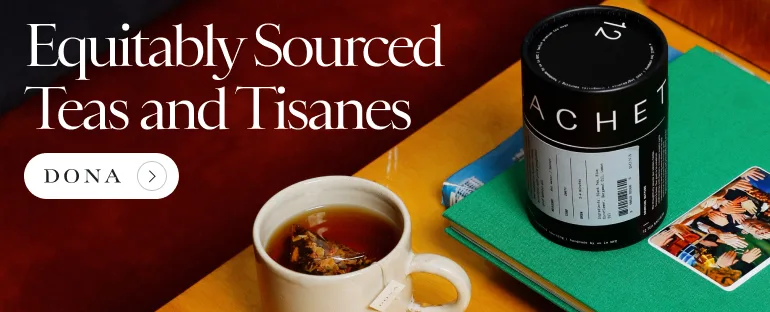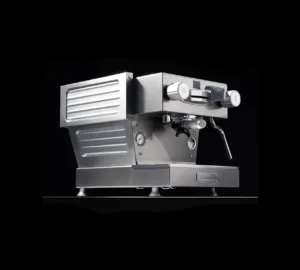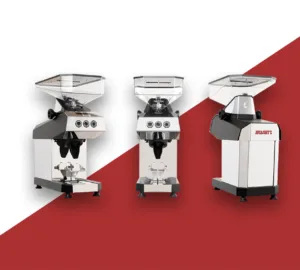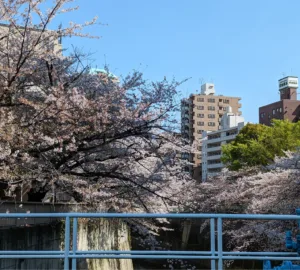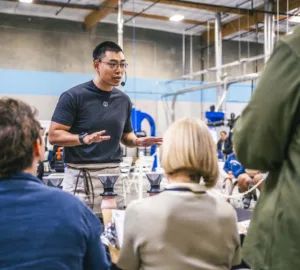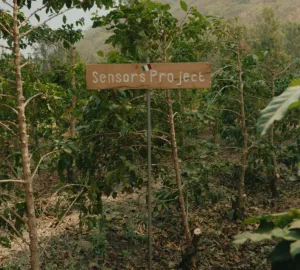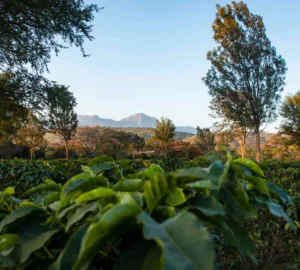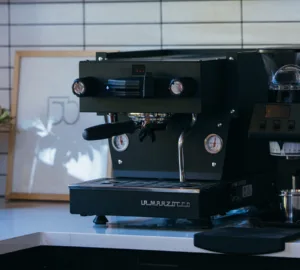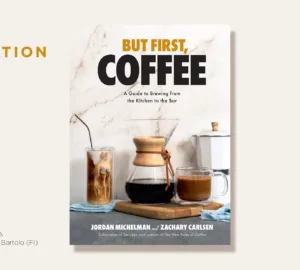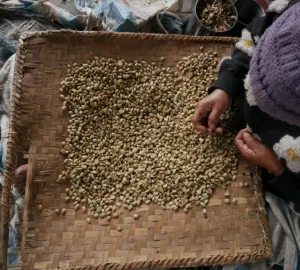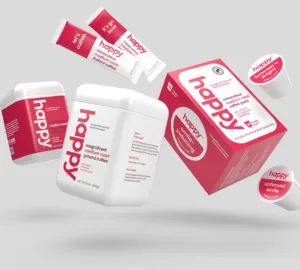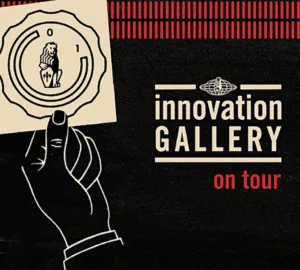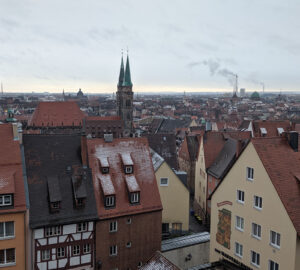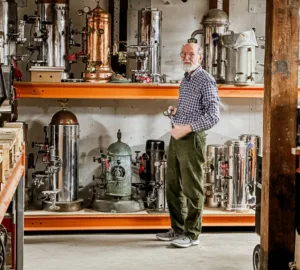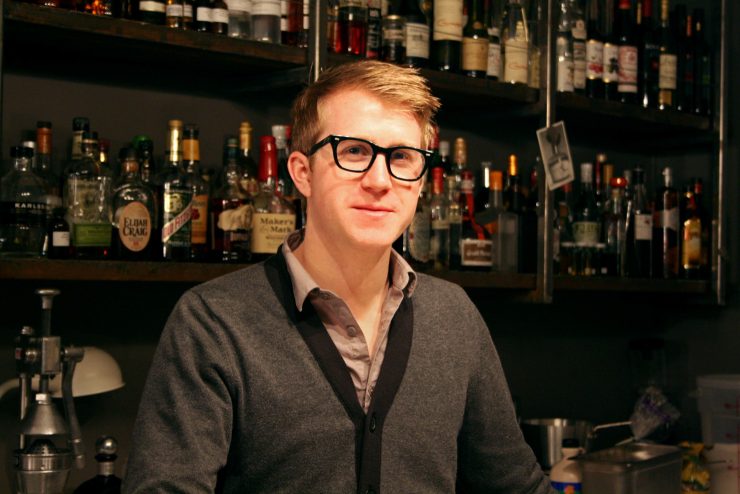
So swift is its progression, so fast its growth into the fabric of modern life, that new wave coffee can’t help but crash ceaselessly into the other going beverage concerns of the day. Behold, the coffee kombucha! Or perhaps a great big bloody festival of coffee beers! Or why not some natural wine? Or in a really fancy restaurant? Or in your space age tech office?
Coffee makes strange and marvelous bedfellows, but what of the old fashioned coffee cocktail? Folks have been taking a little bit of coffee and mixing it up a whole lotta hooch (or vice versa) since time immemorial, or at least before Prohibition. It only makes sense that, here in 2016 as in years before, the worlds of good coffee and good cocktails should become endlessly intertwined, pushing each other forward in new ways and resulting in a new kind of hybrid service pro: the spotless cocktailer who can pull a damn good espresso.
It’s no surprise to learn that someone like Alex Day—co-founder of Proprietors LLC—is a bona fide coffee nerd. Proprietors are the brand behind cutting edge American cocktail bars like The Walker Inn, Honeycut, Nitecap, and Death & Co., an enormously influential Manhattan cocktail institution that opened on New Year’s Eve 2006. Day splits his time between the Los Angeles and New York cocktail scenes, with a litany of favorite coffee bars on both coasts, but it’s how coffee has crept into his work as a drink maker and bar builder that’s the most interesting here. Folks like Alex Day are helping redefine how coffee is used as a bar ingredient, working with coffee in new and exciting ways and leaving no flavor note or evocative sense memory unturned.
Sprudge co-founder Jordan Michelman spoke with him by phone from Los Angeles.
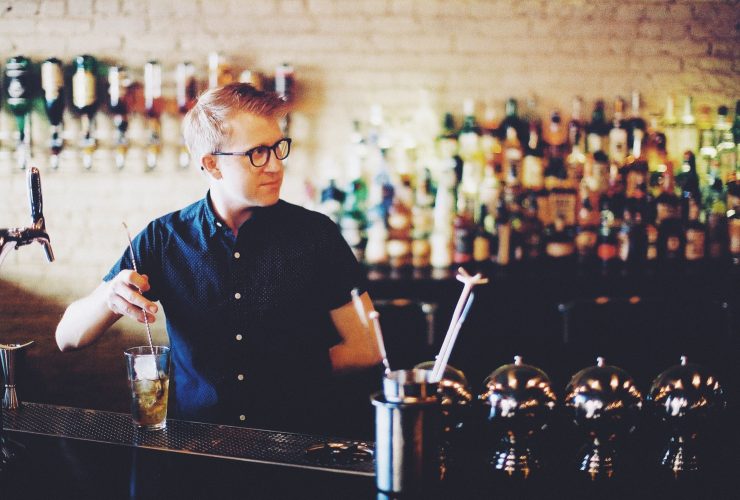
Please start by giving us a bit of an overview about what you do at Proprietors.
It’s a little complicated—our company has a couple of different angles. There’s the ownership side of things, where myself, Dave Kaplan, and a couple of other people depending on the property are owners and operators of a handful of bars—3 in NYC, of which Death And Company is our most iconic, then 3 in LA, including The Walker Inn, our newest property. That’s one of our main focuses, running these properties, but we also have a company called Proprietors LLC, which is kind of the umbrella for everything but also a service-based company—we offer essentially everything you would ever need to open a great bar. That includes financial planning and analysis, oversight design—we’re not too deep into design and architecture, but we have some acumen there—all the way through to programming what kind of bar it is in the first place. It runs the gamut of using our past experience in the beverage industry and hospitality in general, and kind of translating that into a way of helping others do the same thing.
Are you personally a big coffee drinker?
I sure am. I am currently drinking some Ethiopian coffee from Heart Roasters, up in your neck of the woods, made on my Bonavita with a Breville grinder, in a very nice porcelain cup. That is all to say I’m very much an enthusiast of coffee and spend far too much money on it.
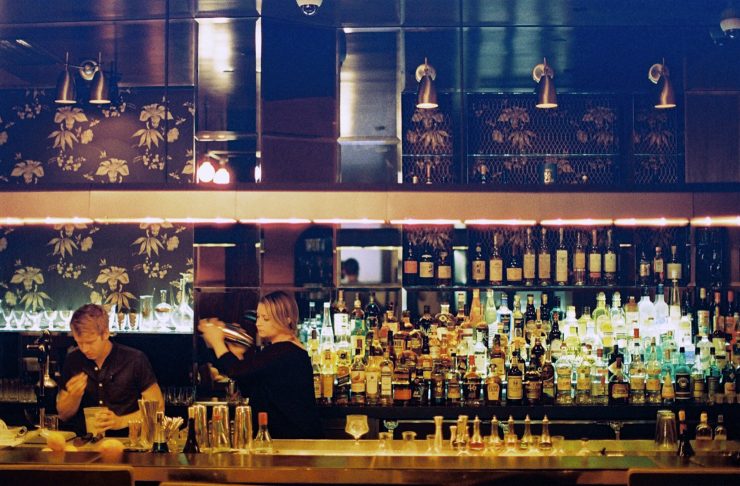
You’re splitting time between projects in Los Angeles and New York City—what are some of your favorite cafes to visit along the way?
Not just those places! There was a time where I was traveling a lot overseas and always with my V60 and Hario hand grinder, picking up whatever beans were catching my attention wherever in the world—life is too short for shitty coffee. But when I’m home, in LA or in NYC, I have my favorites. I live in Silver Lake in LA so I’m very near Proof Bakery in Atwater Village, which is a little bakery I love—they serve Heart there, as well as some Four Barrel Coffee, and they’re always bringing in other different stuff. That’s a great coffee program and I love the vibes there. Intelligentsia Silver Lake is a great one too, although it can get a little busy for me. Other LA favorites are Blacktop Coffee and the seemingly endless Blue Bottles opening up. In NYC, I often stay at my brother’s place in the West Village, and I like to go to the Toby’s Estate there on 7th Avenue. That spot is pretty wonderful. And you also can’t beat Abraço in the East Village—those are probably my two favorites in New York.
I just revisited Abraço again recently—that place is really doing something singular and exceptional, and it’s fun to get to say that about somewhere that’s been around now for years and years, forever in terms of new wave coffee.
Yeah! It’s a classic but still quite contemporary and excellent. That cafe is a block and a half away from Death and Co in the East Village. Abraço really imbues the thing I think is cool about cafe culture—there is sense of community around that little cafe, a real sense of place there, and very little bullshit on top of that.
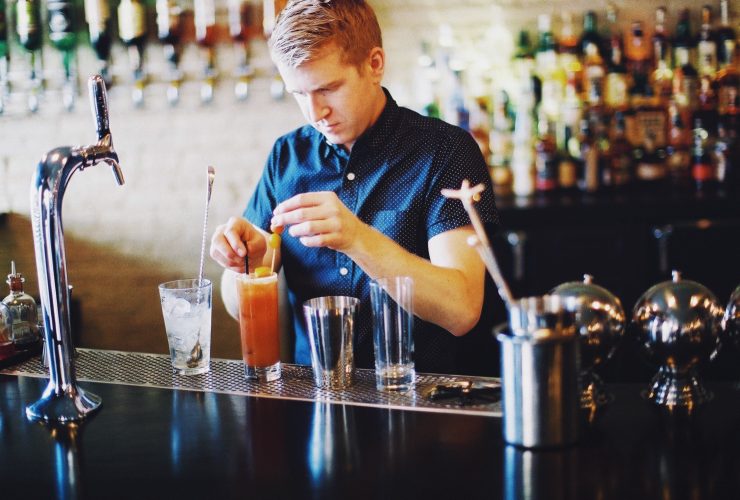
Agreed. How do you think about using coffee as an ingredient behind the bar?
It’s definitely been an evolution. As more of us within the bar sphere have gotten to know coffee and understand coffee, our ability to translate that into drinks has been a constantly changing thing. In the beginning, I remember us throwing coffee beans in with Carpano Antica for just a simple maceration, and saying, you know, “What does this do?” and not really analyzing the whys of success and failure. Now I look back and say, of course that maceration made sense, because there’s this herbal component of the vermouth, it’s got sweetness that grabs the flavor, and then you can mix it into a Manhattan variation. As I think myself and the people I develop drinks with have learned more about coffee and become enthusiasts, and coffee has grown to a place that is celebrating nuance in a substantial way, we’re starting to learn more about the versatility of coffee.
What I mean by that is, in our cocktails we approach flavor and aroma not from the macro big picture—I don’t want to necessarily have a drink that’s “just a coffee drink” because it’s coffee and booze—that to me is a bit dumb. It can be delicious but it’s not what I’m striving for in the work I’m most proud of. What I’m hoping to do is dismantle these flavors and take cues from different parts of them, and it’s so interesting with coffee because you’ve got aroma, flavor, acidity, sweetness—all these variables that come from coffee’s genesis as an agricultural product, plus what’s being added when it gets into my hands, as a roasted product. At the end of it, here in 2016, we’re starting to use coffees in really interesting ways.
Give me an example of that.
At the Walker Inn in Los Angeles, which is our most progressive bar and home to the most tools and techniques, we’re using coffee in a cool way. For one drink we’re using it just as an aroma, by taking coffee and putting it through a rotary evaporator to isolate just the aroma compounds, which we then spray on top of a daiquiri variation. The end result goes back to almost like a green, organic coffee smell. It is distinctly different from coffee as most people consume it, but it still triggers that association. I think that for coffee in a cocktail context, this is something unique and new and interesting, and it’s something I’m really excited about.
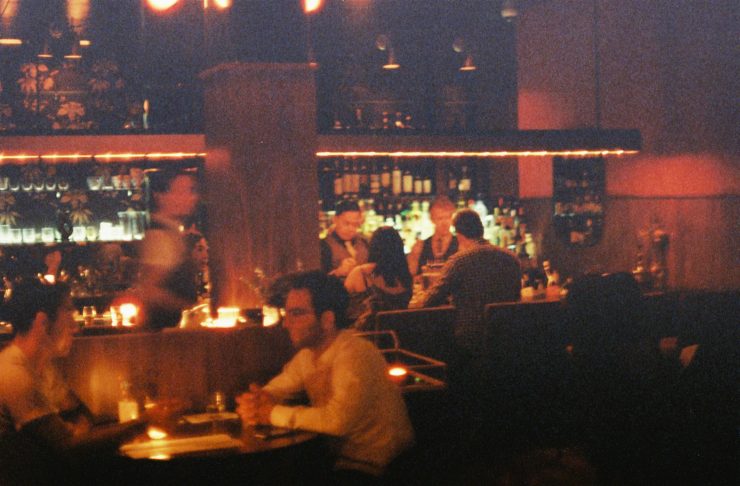
Tell me more about some of those tools and techniques you’re using at The Walker Inn. You mentioned a rotary evaporator—what else?
Sure, of course, but let me give you an overview of that bar first. It’s a 27-seat, very small, reservation-only space. We change our menu every 4-6 weeks, and that means the entire theme of the menu—the thread of influence through the offerings—changes completely. We opened with a menu inspired by the Pacific Coast Highway, from drinks inspired by actual places by the PCH up and down California, to more ephemeral ideas like a road trip guilty pleasure stop at In-N-Out for milkshakes and french fries. A lot of what we do at Walker Inn is playing off nostalgia, and we’re very much trying to channel the work being done in fine dining by Grant Achatz at his restaurants Next and Alinea in Chicago—but in our own cocktail vernacular. It’s incredibly focused in its hospitality experience, but it’s still definitely also a bar. Because it’s so small, we can engage people in different ways and break the mold of what a cocktail is. A cocktail is this liquid in a glass, but you really should be enjoying it with people. It’s communal, and that’s an important part of these experiences, but we’re asking what’s next. Can we play with the environment around the drink? Can we play with a cocktail like it’s food?
So to provide ourselves with the opportunity, we have new ingredients and tools to make drinks with, including a centrifuge, a rotary evaporator, vacuum machines, circulators, an ultrasonic homogenizer—these are tools that would be found typically in laboratories and modernist kitchens, but in a bar setting they let us create unique and better cocktails.
Aside from using coffee in drink composition, do you actually serve coffee at your bars?
You know—I would love for us to do this. I would love for there to be any real demand for coffee in our bars, more than just the oddball 11pm “I’m so tired I need an espresso” type situation, but it’s not a common request. I’m a believer in the idea that if we’re going to do something it has to be done correctly. A proper coffee program is an investment, and it takes time and planning to integrate it into a high-volume bar situation—to even offer the 11pm espresso, I want to make it the best I possibly can. We both know the financial burden created by attempting an espresso program at a bar or restaurant. I do know of bars that have tried; my friends at The Varnish in Downtown LA, they integrated a La Marzocco GS3 and a proper grinder in their bar, and you can get a solid espresso pull there, but I only see it used like once in a blue moon.
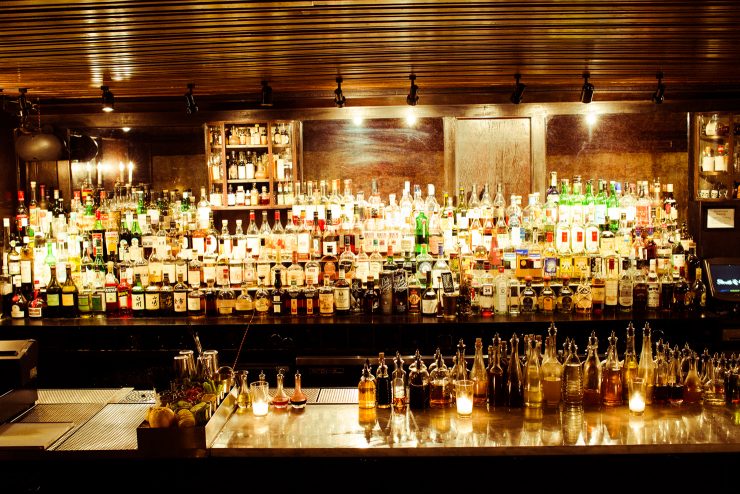
What’s the best use of coffee in a cocktail you’ve ever had? [Laughs] Okay, well this answer is almost like the guy who tells you the best cocktail he’s ever had is a cosmo, but… I think the best I’ve ever had was over in London, at a place called Tramshed in Shoreditch—they’ve got all the wild Damien Hirst art in their dining room, and it’s quite famous. The espresso martini is huge over there, a huge thing in London bars for so long, and a friend was ordering one, I said why the hell not. The bar at Tramshed made me a really fresh-pulled espresso version of that with aged rum–if I’m remembering correctly-was drinking plenty that night–shaken off, emulsified together, and it was just so fresh and deliciously good, with the espresso flavor really shining through. That may be a very boring answer to your question but it was an exceptional espresso cocktail.
Where does the intertwining of cocktails and new wave coffee go next?
It’s tempting to answer this question by speaking about products, and talking about espresso programs and cocktail programs, but what I’m really most excited about is the cross-pollination of people. As you know, the coffee culture in LA has gone through enormous change and growth over the last few years, with high moments and low moments and buyouts and everything in-between, but we’ve found at Proprietors that some of our best employees come from coffee backgrounds. These are my teammates who are integrated into everything that we do, and have found a shared affinity for what we do.
As an example, Nick Griffith started working with us in bars after he was a head trainer at Intelligentsia—he’s who really got me into coffee and got me geeked out about the whole thing in the first place. We in the cocktail world and folks in coffee have so much in common with what we care about, and the emphasis we put on technique and process. I think that communication and dialogue will continue, and we’ll continue to see cross-pollination between the two worlds. They aren’t totally analogous—they have different expectations as a service culture—but there’s so much we can learn from each other in a reciprocal way, and I’m excited about that. My staff can learn about diligence and focus from the coffee world, and I hope we have something to teach our homies behind the coffee bar.
Thank you.
Jordan Michelman is a co-founder and editor at Sprudge.com. Read more Jordan Michelman on Sprudge.













